hotline:020-29026320 |13903018415
-
-
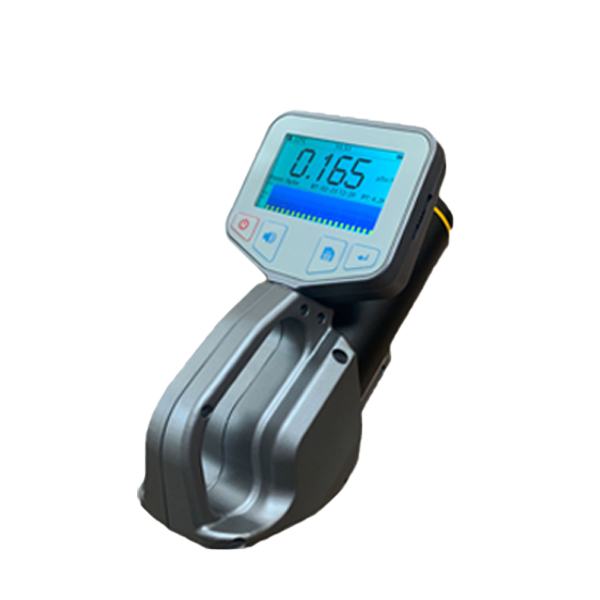
Radiation detection instrumentation
-
HYGP-2223 exposure type X, γ radiation measuring instrument
-
HYGP-2223BX, gamma dose rate meter (with tripod)
-
FI-329M intelligent household nuclear radiation detector
-
HY-2000M digital multi-channel gamma spectrometer
显示更多 -
-
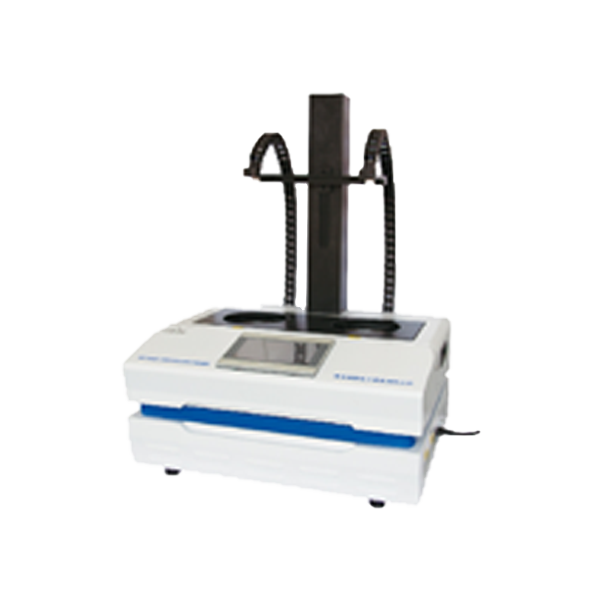
Laboratory Equipment
-
Radioactive distillation apparatus in water
-
2200Q portable turbidity meter
-
SPE Solid Phase Extraction Device
-
Portable spectrophotometer
显示更多 -
-
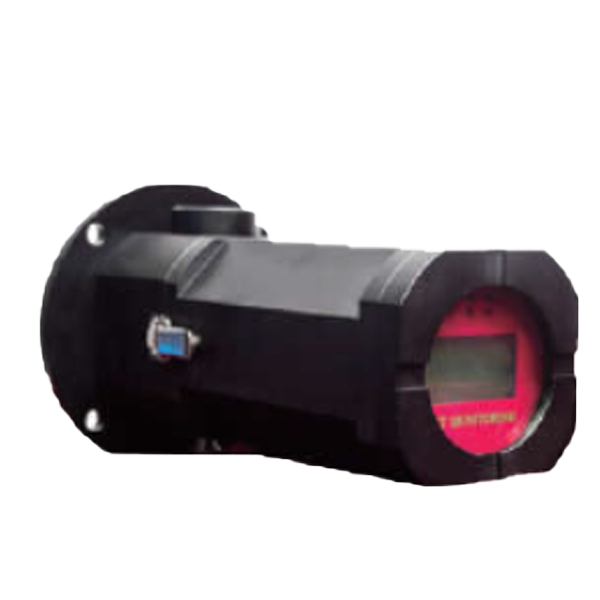
Portable environmental monitoring equipment
-
VOCs gas analyzer
-
Portable handheld VOC detector
-
Portable all-in-one multi-parameter analyzer
-
Dust detector
显示更多 -
-
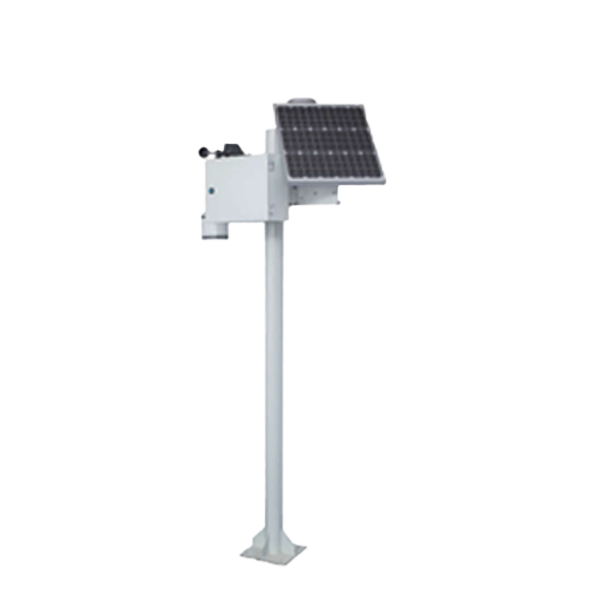
Environmental online monitoring system
-
CM-WG8200 grid air quality detection system
-
On-line monitoring system for CM-VOCs-5000 volatile organic compounds
显示更多 -
-
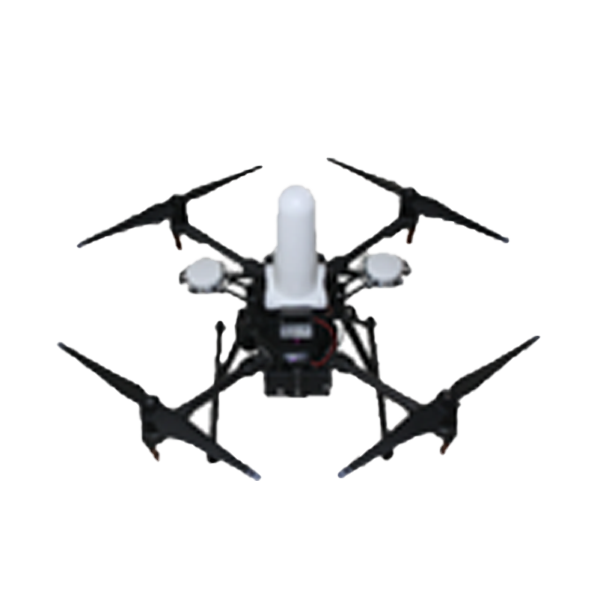
UAV Online Environmental Monitoring
-
OS-2 UAV Electromagnetic Environment Monitoring System
-
Nuclear emergency radioactive source search UAV
-
UAV Monitoring System
显示更多 -
-
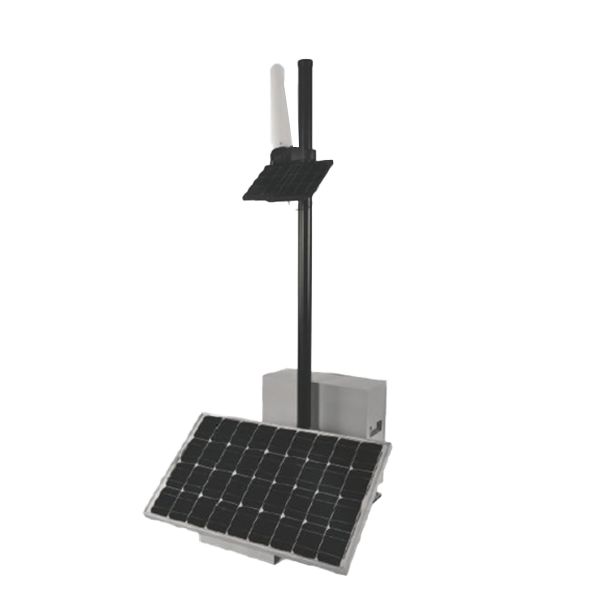
On-line Monitoring System of Electromagnetic Radiation
-
On-line Monitoring System of Electromagnetic Radiation
-
Automatic Monitoring System of HYEH460 Electromagnetic Radiation
-
HY-900A launch type radiation environment automatic monitoring station
-
OS-8 S Frequency Selective Electromagnetic Environment Online Monitoring System
显示更多 -
-
Navigating the World of Radiation Detection Instrumentation: A Comprehensive Guide
2025-06-21
Understanding Radiation Detection Instrumentation
In today's fast-paced world, the safety of both people and the environment is paramount. One of the unsung heroes in this realm is radiation detection instrumentation. But what exactly does that entail? Well, let's dive in!
What Is Radiation Detection Instrumentation?
At its core, radiation detection instrumentation refers to the devices and systems designed to identify and measure ionizing radiation. These instruments are vital in various industries, from healthcare to nuclear energy, ensuring that radiation exposure is kept within safe limits. Imagine a world where we could see the invisible; that’s what these tools help us achieve!
Why Is It Important?
Well, it’s pretty simple! Radiation can be harmful, and knowing how to measure and manage it is crucial. For instance, in medical settings, doctors use radiation for diagnostic imaging. However, they must monitor exposure levels to safeguard their patients and themselves. Without the right instrumentation, things could get a bit dicey!
Key Applications
- Healthcare: Medical imaging and cancer treatments often involve radiation. Here, detection instrumentation plays a critical role in ensuring safety.
- Nuclear Power Plants: These plants rely heavily on radiation detection to prevent leaks and ensure the safety of workers and nearby communities.
- Environmental Monitoring: Detecting radiation in soil, water, and air to maintain ecological balance is another crucial application.
Types of Radiation Detection Instruments
Now that we've got the basics down, let’s break down the types of instruments used:
- Geiger-Müller Counters: These handy devices are widely recognized. They click and beep when they detect radiation, making them user-friendly.
- Scintillation Detectors: Using special crystals, these detectors emit light when they interact with radiation, helping to quantify exposure levels.
- Dosimeters: Often worn by professionals, these devices measure the dose of radiation a person receives over time.
Choosing the Right Instrumentation
Choosing the right radiation detection instrumentation can be a bit overwhelming. You’ve got to consider factors like sensitivity, range, and application. But fret not! Research and expert opinions can guide you to the perfect fit for your needs. After all, it’s all about peace of mind!
The Future of Radiation Detection
As technology advances, so does radiation detection instrumentation. Innovations such as IoT (Internet of Things) integration are making these devices smarter and more efficient. Imagine real-time monitoring systems that alert you instantly if radiation levels spike! Sounds like something out of a sci-fi movie, right?
Conclusion
To wrap it all up, radiation detection instrumentation is a crucial aspect of safety across numerous industries. Whether it’s in healthcare, nuclear energy, or environmental monitoring, these devices help us manage and mitigate the risks associated with radiation. So, the next time you hear about radiation, remember the vital role of these instruments in keeping our world safe!
Previous Page:

COOKIES
Our website uses cookies and similar technologies to personalize the advertising shown to you and to help you get the best experience on our website. For more information, see our Privacy & Cookie Policy
COOKIES
Our website uses cookies and similar technologies to personalize the advertising shown to you and to help you get the best experience on our website. For more information, see our Privacy & Cookie Policy
These cookies are necessary for basic functions such as payment. Standard cookies cannot be turned off and do not store any of your information.
These cookies collect information, such as how many people are using our site or which pages are popular, to help us improve the customer experience. Turning these cookies off will mean we can't collect information to improve your experience.
These cookies enable the website to provide enhanced functionality and personalization. They may be set by us or by third-party providers whose services we have added to our pages. If you do not allow these cookies, some or all of these services may not function properly.
These cookies help us understand what you are interested in so that we can show you relevant advertising on other websites. Turning these cookies off will mean we are unable to show you any personalized advertising.
online message
Telephone:13903018415(Manager Wang)
Business: 020-29026320
E-mail:wangxueli@haiyoukj.com
Address: Room 703, Tian 'an Innovation Building, Panyu Energy Saving Science Park, 555 Panyu Avenue North, Donghuan Street, Panyu District, Guangzhou

Sweep code attention


